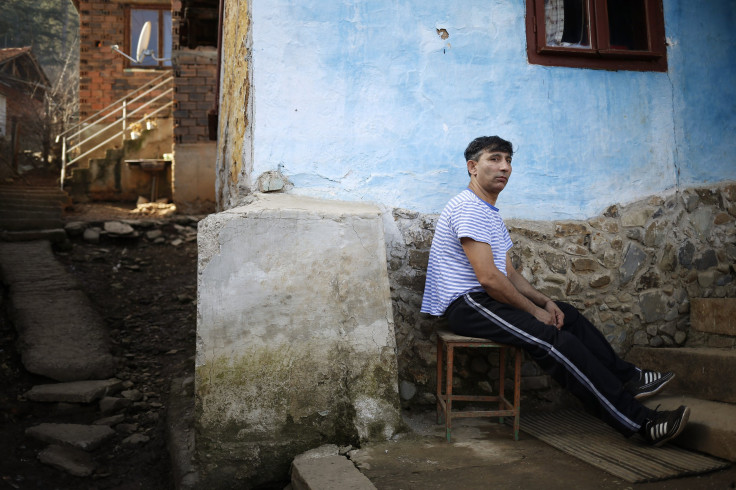Research Shows Privilege Of Whites Exists In Society

A research paper by two economists from the University of Queensland, Redzo Mujcic and Paul Frijters, found that whites got special privileges when there weren’t people around to notice. They conducted an experiment in Brisbane, Australia which involved getting free bus rides in the city.
According to the New York Times, the two economists assigned 29 young adults to board public buses in the city, which is located on the east coast of Melbourne, and they were asked to insert empty fare cards into the scanner in the bus. The adults involved people from both genders as well as different ethnic groups.
The scanner would make a loud noise which was a sign for the bus driver that the card did not have enough value for the passenger to board the bus. The adults told the driver that they did not have any money, but they had to get to a station that was close by, depending on where the adults boarded the bus.
The study took into account 1,500 observations and found that there was significant racial discriminations. It found that 72 percent of the time, the white adults were given free rides when compared to a minor 36 percent of that for the black testers.
What was surprising was that even the black drivers were more favourable towards the white testers. About 83 percent of the time, the white testers got a free ride when the driver was a black.
Another finding of the study was that when the testers were dressed in business attire or army uniforms, the racial disparities was still valid. Those in army uniforms were given free rides 97 percent of the time in case they were white, but in the case of being black, the testers were given free rides only 77 percent of the time.
An article in The Georgia Straight noted that the Southern Poverty Law Centre, a non-profit centre in the US that specialised in civil rights, described white privilege as "a transparent preference for whiteness” that saturated the society. It also stated that white privilege served many functions like providing white people with “perks” that people of colour did not enjoy or earn.
The author of the article in the New York Times, Ian Ayres, who is a law professor at Yale, wrote that it was the first study, to his knowledge, that focused on the discretionary accommodations. He added that it was less likely to find people in positions of authority consciously denying the minorities their rights. He explained that it was easier for people like bus drivers to grant privileges to non-minorities.
To report problems or to leave feedback about this article, e-mail: afza.kandrikar@gmail.com.





















